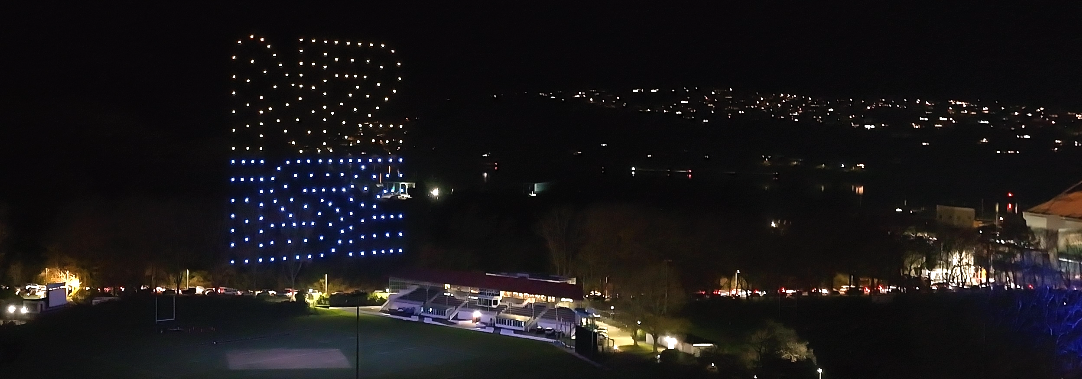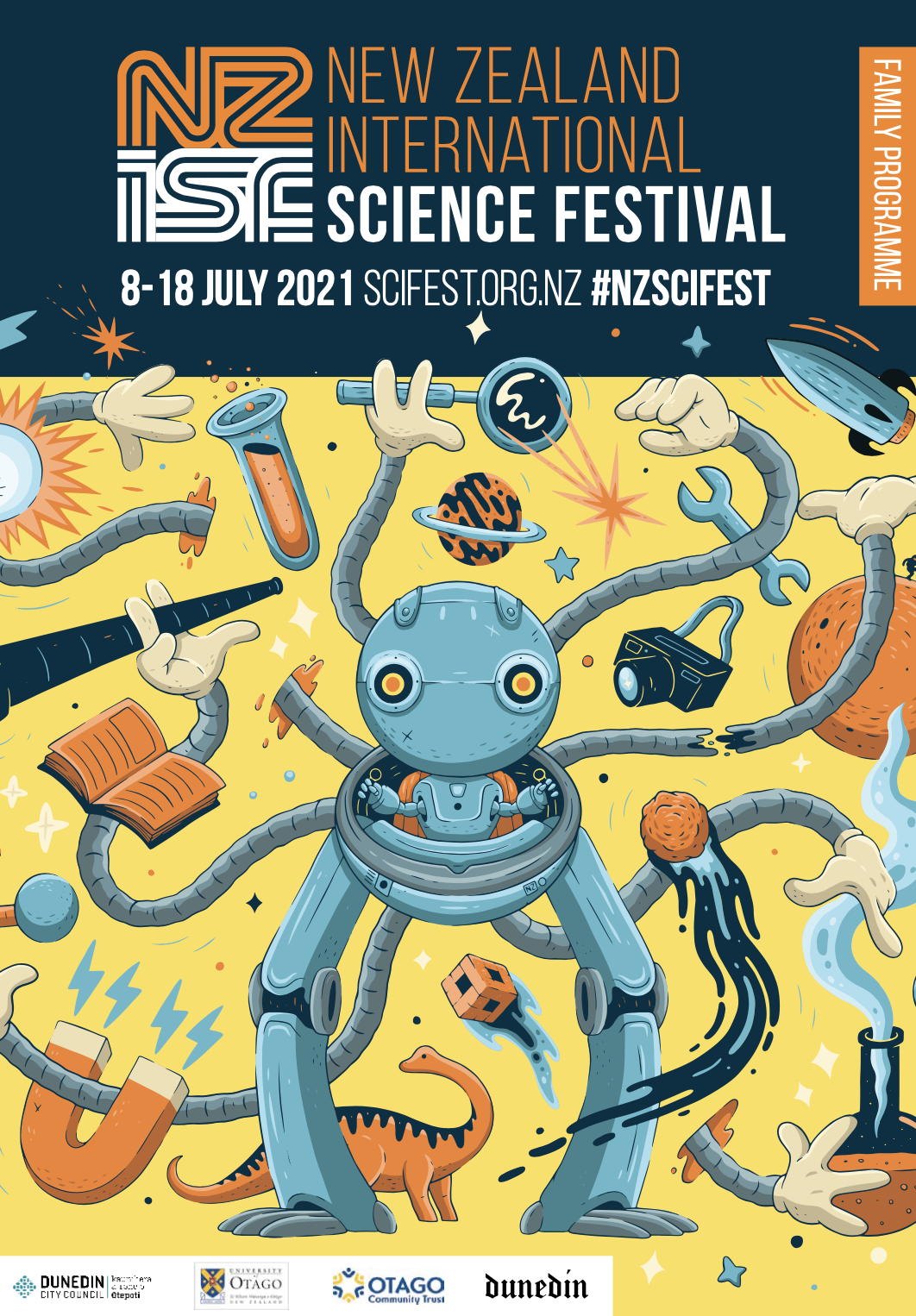
Current methods for controlling introduced pests can be difficult and expensive to use at a landscape scale. With Aotearoa’s goal of being Predator Free by 2050, novel techniques to eradicate these species need to be considered.
Hosted by Professor Peter Dearden (University of Otago), our team of expert speakers from New Zealand’s Biological Heritage National Science Challenge will discuss the future of gene editing in Aotearoa, its potential for use in pest control, and how we can partner with mātauranga Māori experts.
Light refreshments and a drink included in the ticket price.
About the panel:

Tame Malcolm is a knowledge broker for the Biological Heritage Challenge. Joining us from the team at Te Tira Whakamātaki, Tame has more than 10 years of experience in biosecurity and biodiversity management.
Aroha Mead is a political scientist who specializes in mātauranga Māori and Indigenous cultural and intellectual property issues, with an interest in Indigenous perspectives on technologies such as gene editing. She is a member of the IUCN Task Force on Conservation and Synthetic Biology and former Chair of the Kāhui Māori of Genomics Aotearoa.
Professor Phil Lester, from Te Herenga Waka - Victoria University of Wellington, studies the population dynamics and ecology of social insects, and has researched molecular genetic approaches that include gene silencing and next generation sequencing.
Brent Beaven, with over 20 years of experience working in conservation, has been an advisor for the Minister of Conservation, and is currently the Programme Manager for Predator Free 2050 at the Department of Conservation.
Ka mahi kātahi kā ohu whakahaere a Puaka Matariki Festival me NZISF – a Puaka Matariki Festival-NZISF collaboration.


